Microsoft can sell almost anything these days; even the relatively unpopular Xbox Series consoles have sold tens of millions of units. The company is a household name, and whether you like it or not, you've probably given Microsoft money at some point or another. That wasn't always the case, though. Back in the mid-1980s, it wasn't even clear that Windows was going to hang around that much longer, as Microsoft was working with IBM on an alternative to both Windows and the DOS on which it relied: OS/2. While it ultimately failed to displace Windows in the market, OS/2 was very well-regarded among PC users. Despite that, a very specific version of OS/2 was indeed the worst-selling Microsoft product of all time. Meet OS/2 for Mach 20, which sold a total of 11 copies, of which eight were then returned.
Let's take a trip back to the mid-80s. Back then, computers were well on their way to becoming ubiquitous but hadn't quite reached that status yet. We were still in a transitional period, where a lot of companies were computerizing operations, but still operating under ideas of budgeting that were squarely rooted in 1960s office dynamics. Computers were very expensive, but also very definitely the future, so you could probably convince the folks holding the keys to corporate expense accounts that you needed this huge layout for company PCs.
That was the marketing promise, at least, of very popular "Turbo Cards," including Microsoft's Mach 10 hardware upgrade card. The Mach 10 was a card with a ribbon cable that ran to your PC's CPU socket. You replaced the CPU with that connection, and the much faster 8086 CPU on the card, with its own local memory, took over. While you were still limited by the meager capabilities of the 8-bit system bus and slow storage, this really did give a significant speed-up in CPU-bound tasks.
The Mach 10 wasn't particularly popular (owing at least in part to its high price), but Microsoft — perhaps encouraged by the wild success of its much earlier CP/M card for the Apple II — nonetheless decided to try a second time with the Mach 20. This card had more features, including the ability to expand the memory by connecting a daughtercard directly to the Mach 20 expansion board, saving a precious expansion slot on the motherboard. It also came with a faster 80286 processor compared to the 8086 of the Mach 10.
The Mach 20 also wasn't particularly popular, but it was apparently popular enough for Microsoft to decide it warranted a release of OS/2 specifically for the Mach 20, and that specific release was purportedly the worst-selling Microsoft product of all time. The specific number is essentially hearsay by this point, but Raymond Chen writes:
One of my former colleagues spoke with the person who took over from him as the support specialist for OS/2 for Mach 20. According to that person's memory [...] a total of eleven copies of "OS/2 for Mach 20" were ever sold, and eight of them were returned. That leaves three customers who purchased a copy and didn’t return it. And the support specialist had personally spoken with two of them.
Raymond ChenAs comical as it is to think about an operating system release receiving a whopping 11 sales, and then eight of them being returned, it really isn't surprising at all. The specific release in question required the esoteric Mach 20 hardware, and OS/2 itself wasn't particularly well-understood outside of hardcore enthusiasts; most of those who returned it probably purchased it with no understanding of what they were getting into. It's possible that the three who kept it were perfectly pleased with the product, but we'll probably never know.

Follow Tom's Hardware on Google News, or add us as a preferred source, to get our latest news, analysis, & reviews in your feeds.

 1 hour ago
20
1 hour ago
20
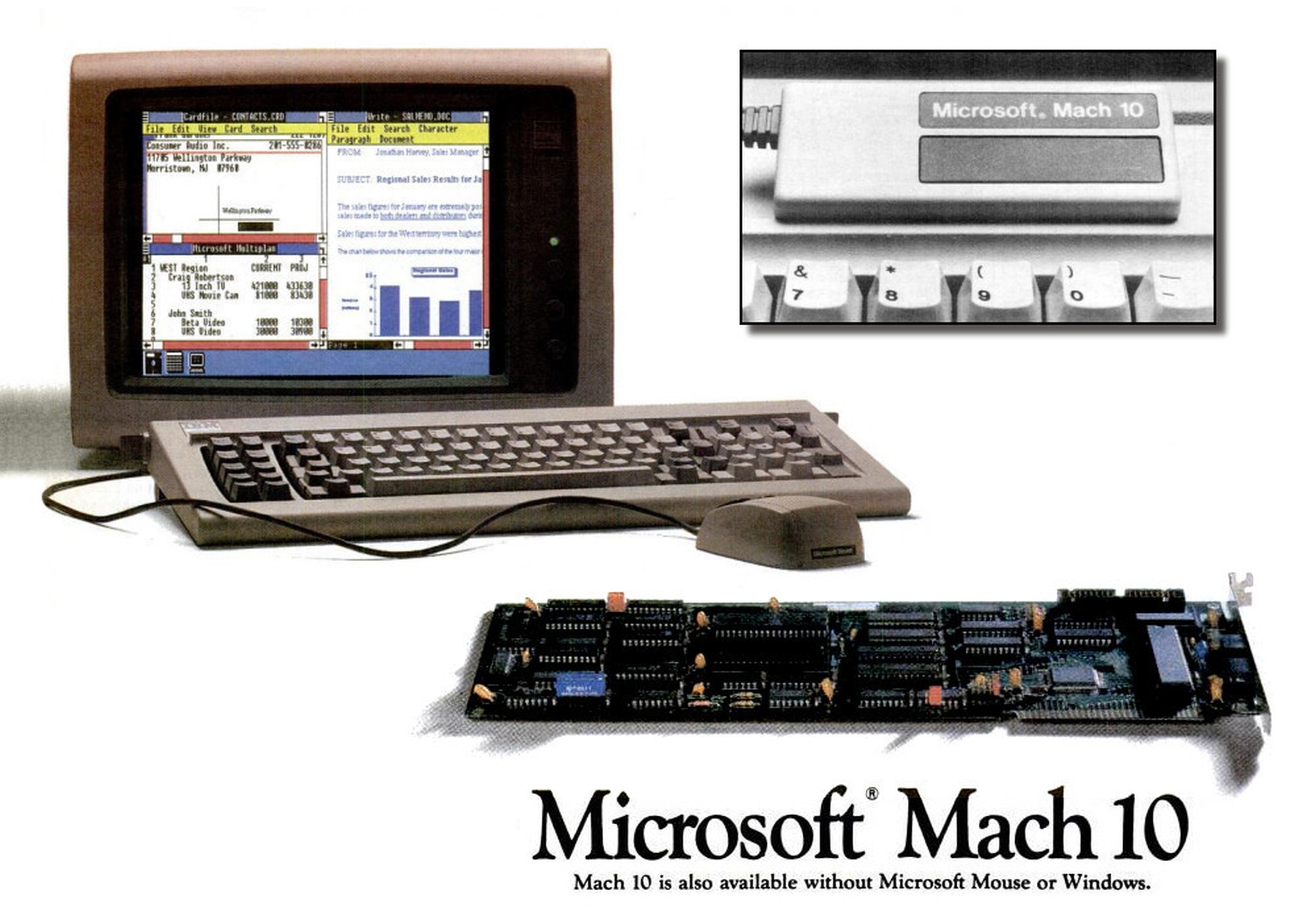
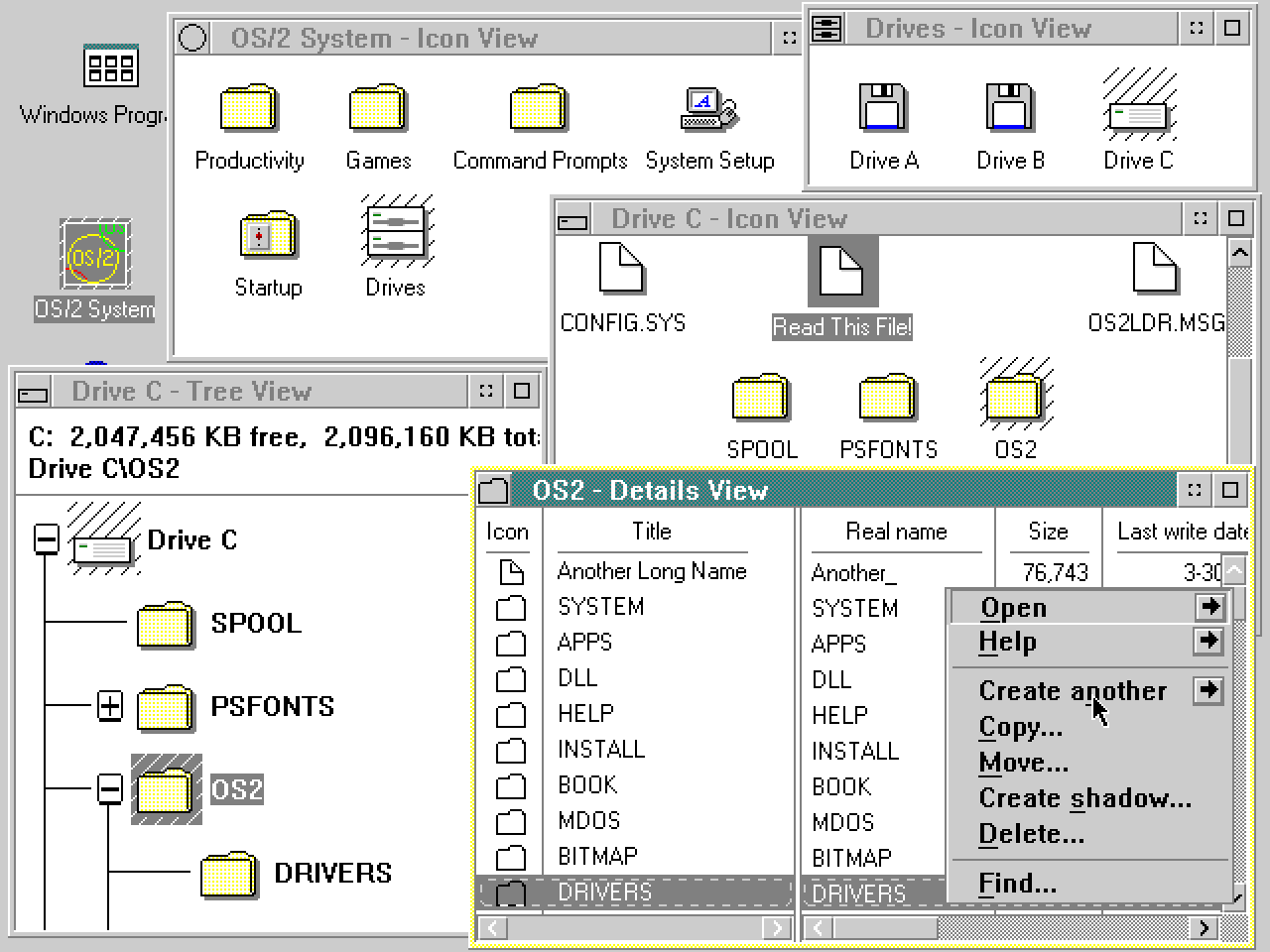
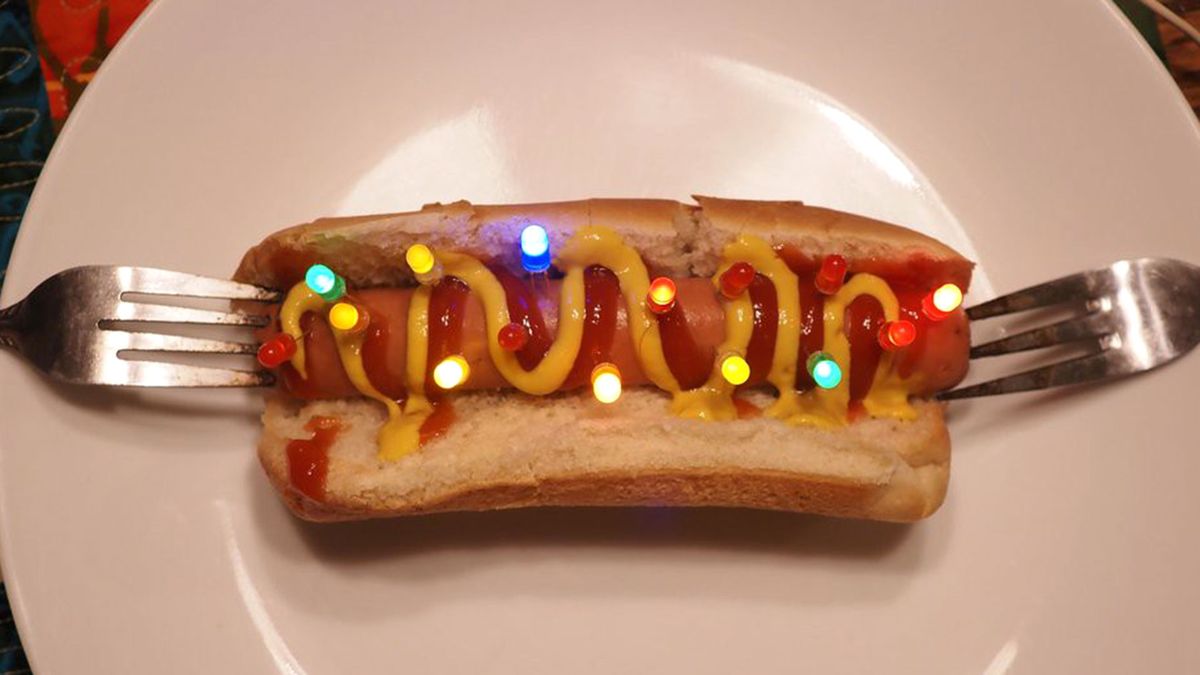
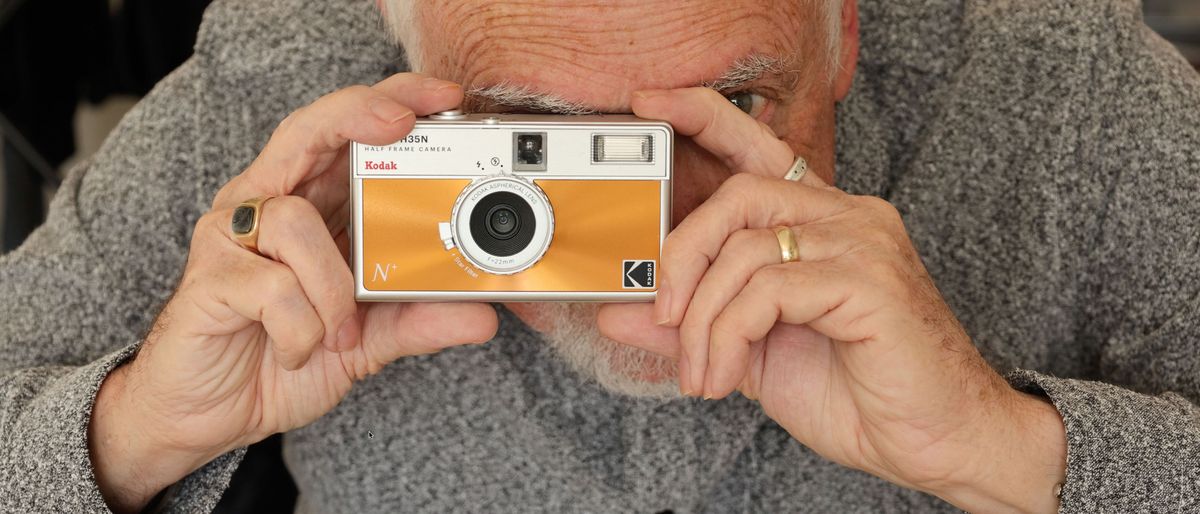
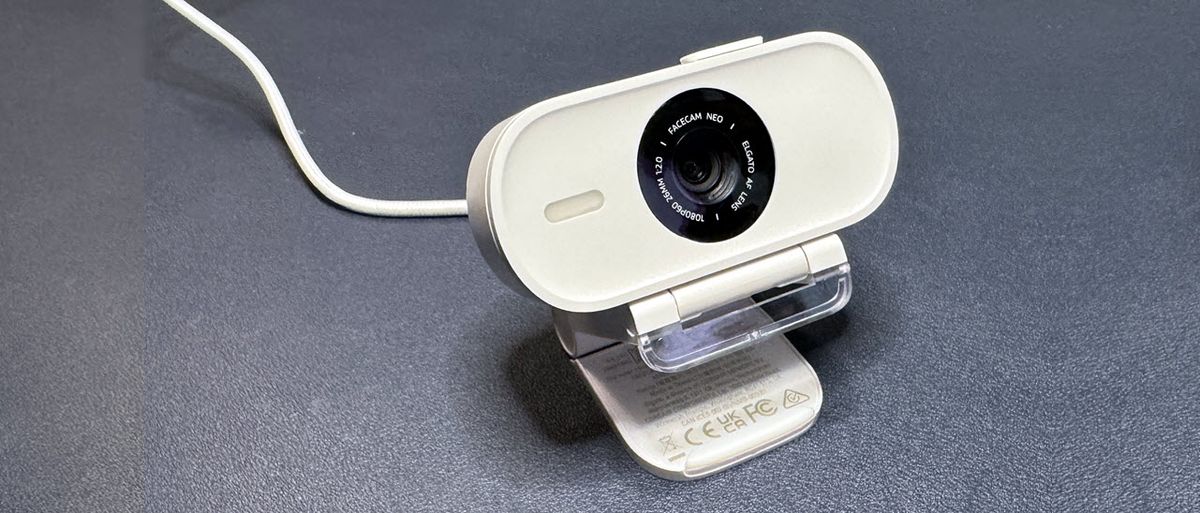
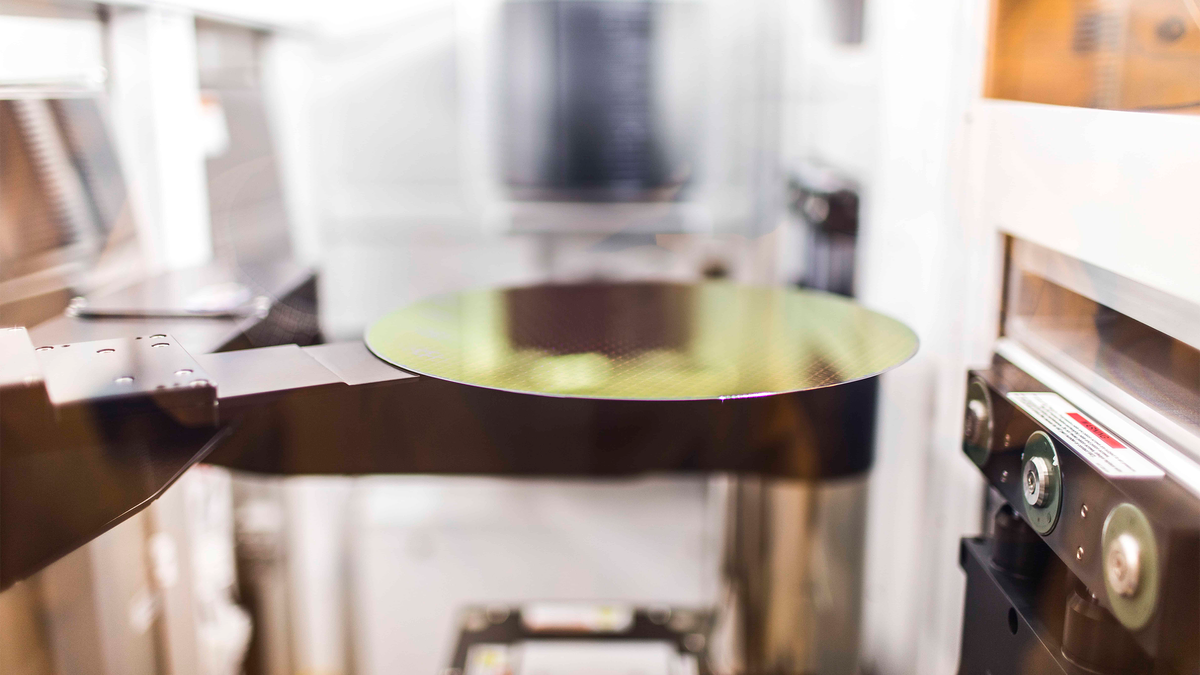





 English (US) ·
English (US) ·